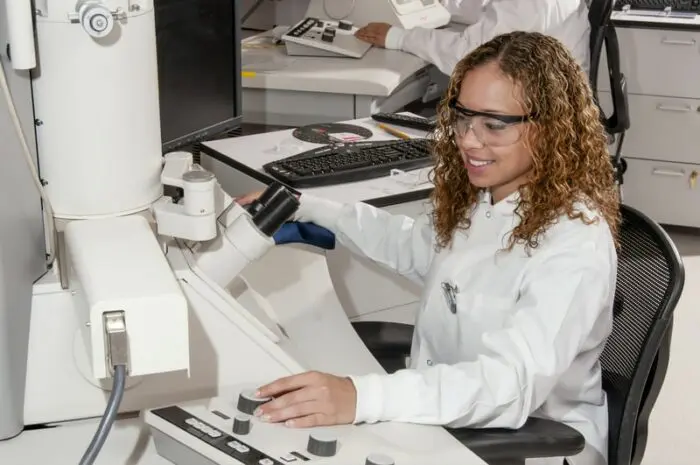The first in a series of simulated exercises will show the critical role rapid-response mobile laboratories, known as Public Health RRMLs, play in fighting public health emergencies by enabling onsite testing and analysis during outbreaks.
Simulated exercise shows how mobile labs boost testing and analysis during health emergencies
The first in a series of simulated exercises will show the critical role rapid-response mobile laboratories, known as Public Health RRMLs, play in fighting public health emergencies by enabling onsite testing and analysis during outbreaks.
The exercise, which begins on 31 August, will illustrate how RRMLs work with national public health structures by providing support during emergencies, and other periods of peak demand on national systems, such as the West African Ebola outbreak and the recent COVID-19 pandemic.
These exercises will also support the development of a classification system and a set of unified standards for RRMLs as a basis for a formal recognition process, which will play a critical role in helping health authorities to monitor and provide quick response to emergency outbreaks within and beyond the WHO European Region.
“Rapid-response mobile laboratories are a breakthrough in terms of countries’ ability to detect, tackle and control outbreaks,” says Dr Dorit Nitzan, Regional Emergency Director at WHO/Europe. “Not only will their use make the response fast, but countries will also be able to test samples in all affected areas – even the most remote – and measure the quality of laboratory work based on international standards.”
A series of simulations, which begin with the discussion-based tabletop exercise at the end of August, will also include a functional exercise in October, and a series of operational drills in the Commonwealth of Independent States and other European (EU) countries during spring 2022.







